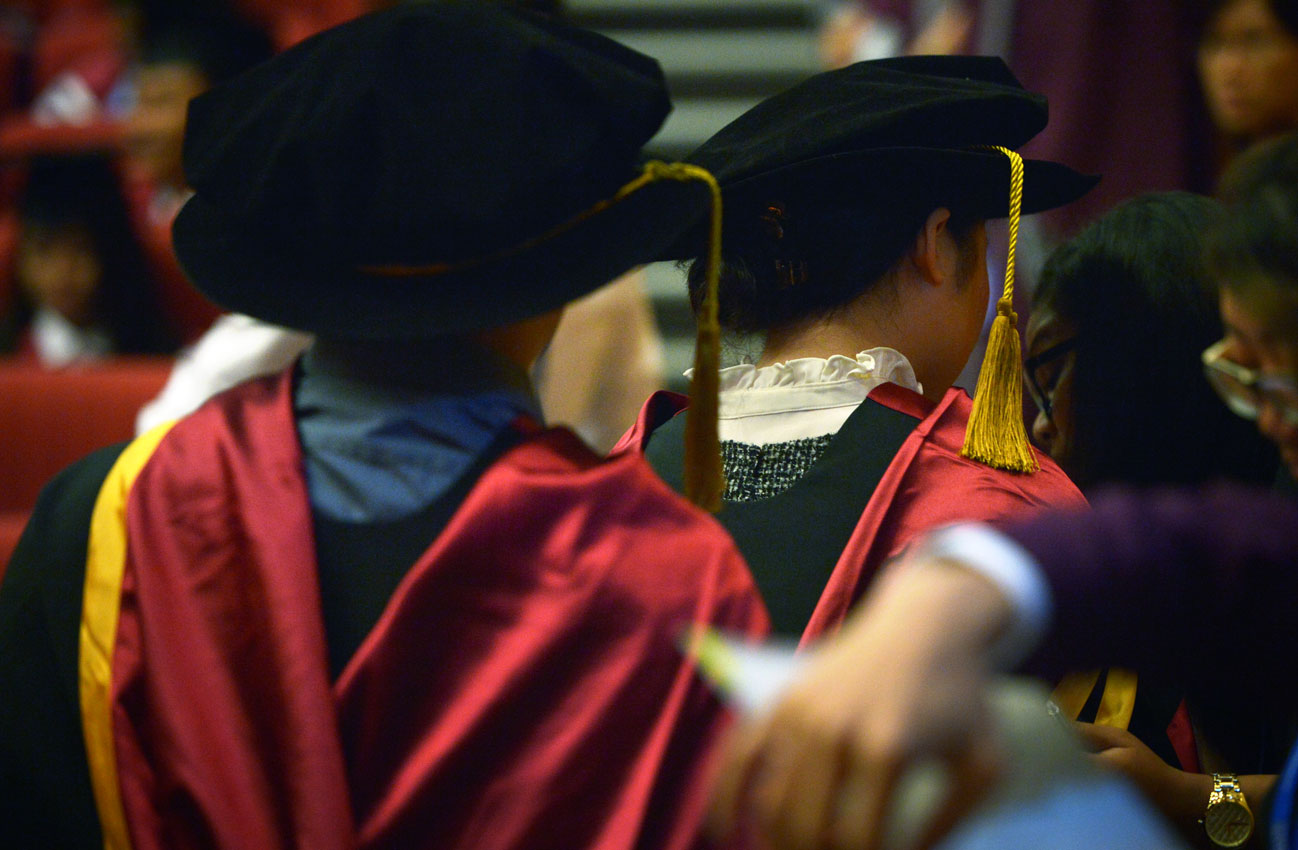While admitting the need to tighten recovery of student loans, the issue must also be handled with compassion, especially in cases of financial difficulty.
This was the response from the Ministry of Education (MOE), after a government audit flagged “inadequate controls” to ensure that outstanding loans funded by the ministry were promptly recovered.
Highlighting how education is the “best social leveller” and that “our young should not miss out because of financial difficulties”, the MOE told The Straits Times that its loan schemes are not administered the way for-profit commercial ones are.
Instead, it has “intentionally allowed easy access to loans” to ensure Singaporeans are not denied a university education due to money issues. That is why tuition fee and study loans are interest-free during the period of study, while repayment and interest can start up to two years after a student graduates. There is also a maximum loan repayment period of 20 years.
“While there is cost to the Government in delaying loan servicing and waiver of interest, these are deliberately policy decisions to assist students, especially those from lower- income families,” said the MOE.
In its report released on Tuesday, the Auditor-General’s Office (AGO) said the loans due for recovery from former students of the National University of Singapore (NUS) and Nanyang Technological University (NTU) stood at $228.04 million as of June 30 last year.
The AGO said that including other institutes of higher learning, the total is $511.49 million in outstanding loans. But only 1.4 per cent of the sum is in default and “may be unrecoverable”, highlighted the MOE.
“The vast majority of graduates service their loans and make regular repayments,” the ministry added.
Over the past few years, the take-up rates for loans have remained relatively stable, the ministry said. In 2014, about 30 per cent of undergraduates and 4 per cent of diploma students from publicly funded institutions tapped these loans.
Institutions outsource the administration of the loans, which includes processing of applications and recovery of loans, to the banks. MOE said banks have an established process to deal with borrowers who are late in repayments. If a borrower keeps missing repayments, legal action may be taken by the bank, and the borrower and guarantor “are liable to pay all legal costs and expenses on an indemnity basis”.
ST understands from financial insiders that the recovery of overdue government study loans is slow and not as straightforward as it seems.
One observer, who declined to be named, said: “The money borrowed doesn’t belong to the banks. The recovery would require the approval of a few parties.”
The MOE said in cases where the the borrower faces financial difficulties, it may allow him to defer the monthly loan instalment or reduce the instalment temporarily.
This was done in the case of a 26-year-old NTU graduate who became unemployed. His mother, the guarantor, was the sole breadwinner as his father had died.
The ministry also granted temporary deferments of loan repayments and interest for a 38-year-old NUS graduate as he was unable to work owing to a medical condition.
It added: “MOE is working closely with the institutions and banks to ensure prompt follow-up of loans in arrears or overdue.”
About the loans
The tuition fee loan covers up to 90 per cent of the fee payable by citizens at the undergraduate level. The remaining 10 per cent can be covered by a means-tested study loan.
Both loan schemes are interest-free during the period of study, and repayment of the principal and interest can start up to two years after a student leaves the institution.
This is to give students time to settle down in their careers before servicing their loans, said the Education Ministry in its reply to queries.
It added: “Our starting point is that education is the best social leveller. Our young should not miss out on education because of financial difficulties or family backgrounds.
“Loans and bursaries granted by our universities therefore aim to help equalise opportunities for all, regardless of the students’ background.”
Students can liaise with the banks to set their monthly loan repayment amounts based on their financial circumstances, subject to a minimum monthly instalment of $100 per loan, and a maximum loan repayment period of 20 years.
As their earning power increases over time, they can adjust the monthly instalment amounts upwards to allow them to pay off their outstanding loans at a faster rate.

This article was first published on July 30, 2016.
Get a copy of The Straits Times or go to straitstimes.com for more stories.






